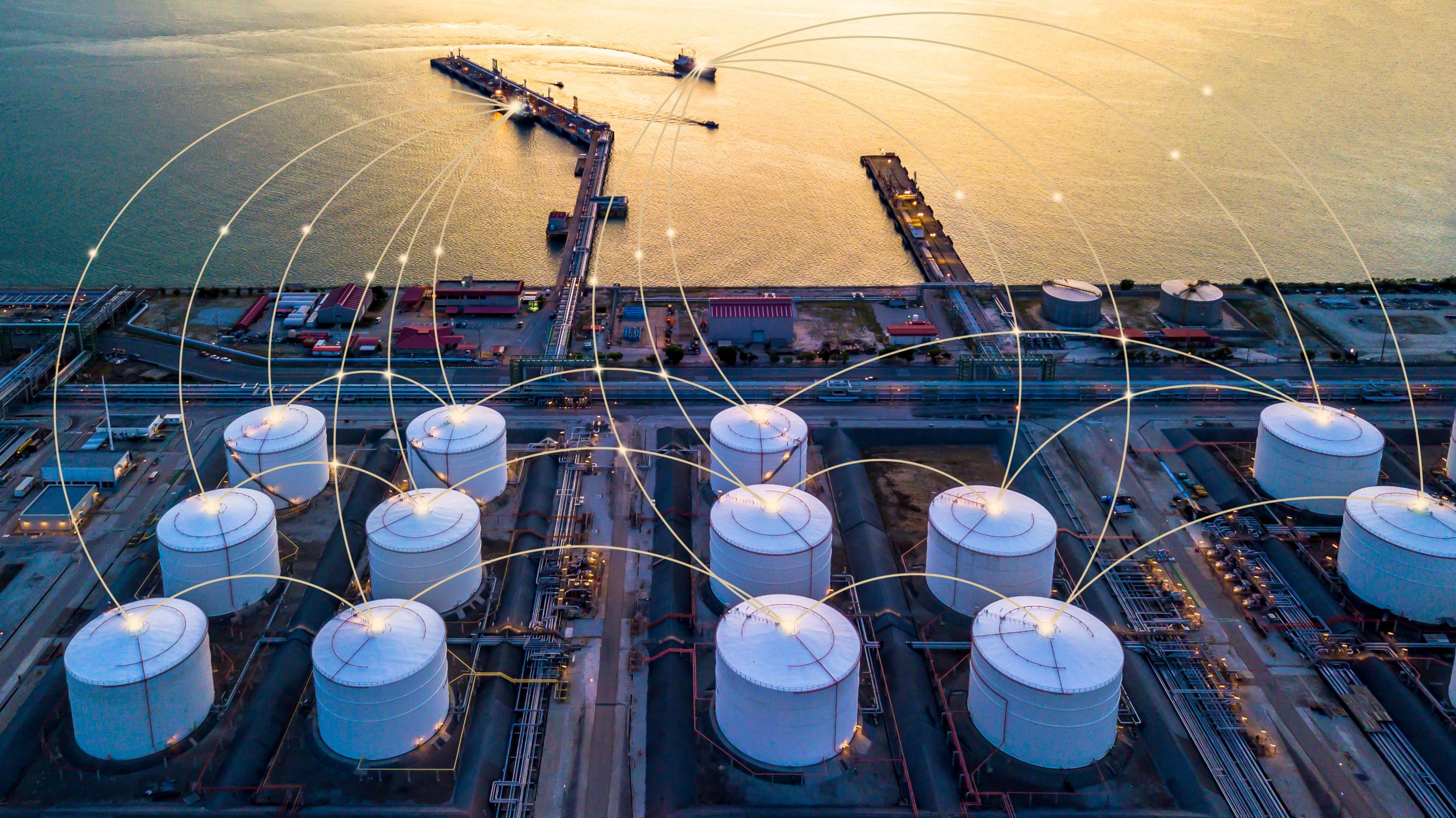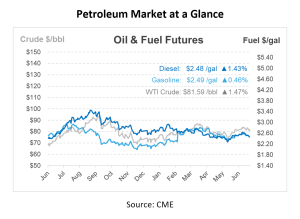
What’s That: Marine DEF
Did you know that marine vessels need a different grade of diesel exhaust fluid (DEF) than typical land-based vehicles? That’s right! Marine DEF helps reduce emissions and promote environmental sustainability in the maritime industry. If you operate in the maritime sector or want to learn more about the difference between marine and traditional DEF, keep reading as we dive into marine-grade DEF and its functionalities.
What is Marine DEF?
Marine DEF, or AUS 40, is a specialized DEF that shares the core functionality of its land-based counterpart but is needed in larger combustion engines such as cargo ships. It’s a non-toxic, odorless liquid injected into the exhaust stream of diesel engines. There, it undergoes a chemical reaction that converts nitrogen oxides (NOx) – a major pollutant linked to respiratory problems, acid rain, and smog – into harmless water vapor and nitrogen gas. Traditional DEF is comprised of 67.5% deionized water and 32.5% urea. Marine DEF must have a minimum blend of 40% concentrated urea solution to be categorized as marine or suitable for marine applications.
While both traditional DEF and Marine DEF are considered non-toxic, their handling for maritime applications requires specific protocols for shipping, storage, and use. Here’s where things get interesting. Traditional DEF is only practical for land-based vehicles and is not ideal for marine environments because of the lower urea concentration.
Why the difference?
A higher urea concentration provides advantages for marine applications, such as stability in harsh conditions, a reduced freezing point, and resistance to corrosion. Marine environments present extreme fluctuations in temperature and humidity. The higher urea concentration in Marine DEF enhances its stability under these conditions, ensuring consistent performance throughout a voyage. Traditional DEF can freeze at around -11°C (12°F), which can pose problems in colder waters. With its increased urea content, it can freeze around 0°C (32°F). DEF freezing could only become an issue if the ship is constantly navigating through areas that are below freezing. Fear not—vessel engineers have considered this. Normally, the DEF storage tank is situated next to the engine room, which is heated. An alternative placement for the tank would be near the hull. The DEF is unlikely to freeze since the ocean seldom drops below zero degrees Celsius (°C).
Marine environments are notoriously corrosive due to the presence of salt. The higher urea concentration in Marine DEF offers improved corrosion resistance, protecting vital engine components from damage.
Storage and Handling
The Environmental Protection Agency (EPA) sets strict guidelines for transporting fuel and fuel additives near water. This applies to both marine DEF and marine urea, which require careful handling to safeguard the environment and ensure product effectiveness. The storage area’s temperature must be maintained within a specific range for optimal performance. The area must also be clean, dry, and free from contaminants like dust, dirt, and moisture. This helps prevent product degradation and ensures smooth operation of the SCR system.
Use sealed containers to prevent contamination from external factors. This includes particulates, debris, excess moisture, and salt spray common in marine environments. In colder climates, heaters might be necessary to prevent freezing. However, ensure the heat source distributes warmth consistently and avoids localized hot spots that could damage the DEF or urea.
By following these guidelines, you can ensure the longevity and effectiveness of your DEF or marine urea solution, contributing to cleaner emissions and a healthier marine environment.
API Certification
Just like traditional DEF, Marine DEF has its own quality assurance program. The American Petroleum Institute (API) offers the Marine Diesel Exhaust Fluid Certification Program. This program verifies that brands meet the stringent requirements outlined in the latest edition of ISO 18611, the international standard for “Ships and marine technology – Marine NOx reduction agent AUS 40.”
By displaying the API Marine Diesel Exhaust Fluid Certification Mark, marketers demonstrate their commitment to providing high-quality DEF that meets the specific needs of marine engines. The program is integrated with the existing DEF Certification Program, making it easy for existing licensees to add Marine DEF to their offerings.
Mansfield has been at the forefront of DEF supply and logistics since the beginning of North America’s diesel exhaust fluid industry. Find out how to address your changing DEF needs. Mansfield’s diesel exhaust fluid experts offer a complimentary DEF Logistics Analysis. We study your site-specific needs, demand history, and storage methods to provide a customized DEF demand forecast, logistics solution, and optimized storage recommendations.

This article is part of Daily Market News & Insights
Tagged:
MARKET CONDITION REPORT - DISCLAIMER
The information contained herein is derived from sources believed to be reliable; however, this information is not guaranteed as to its accuracy or completeness. Furthermore, no responsibility is assumed for use of this material and no express or implied warranties or guarantees are made. This material and any view or comment expressed herein are provided for informational purposes only and should not be construed in any way as an inducement or recommendation to buy or sell products, commodity futures or options contracts.





